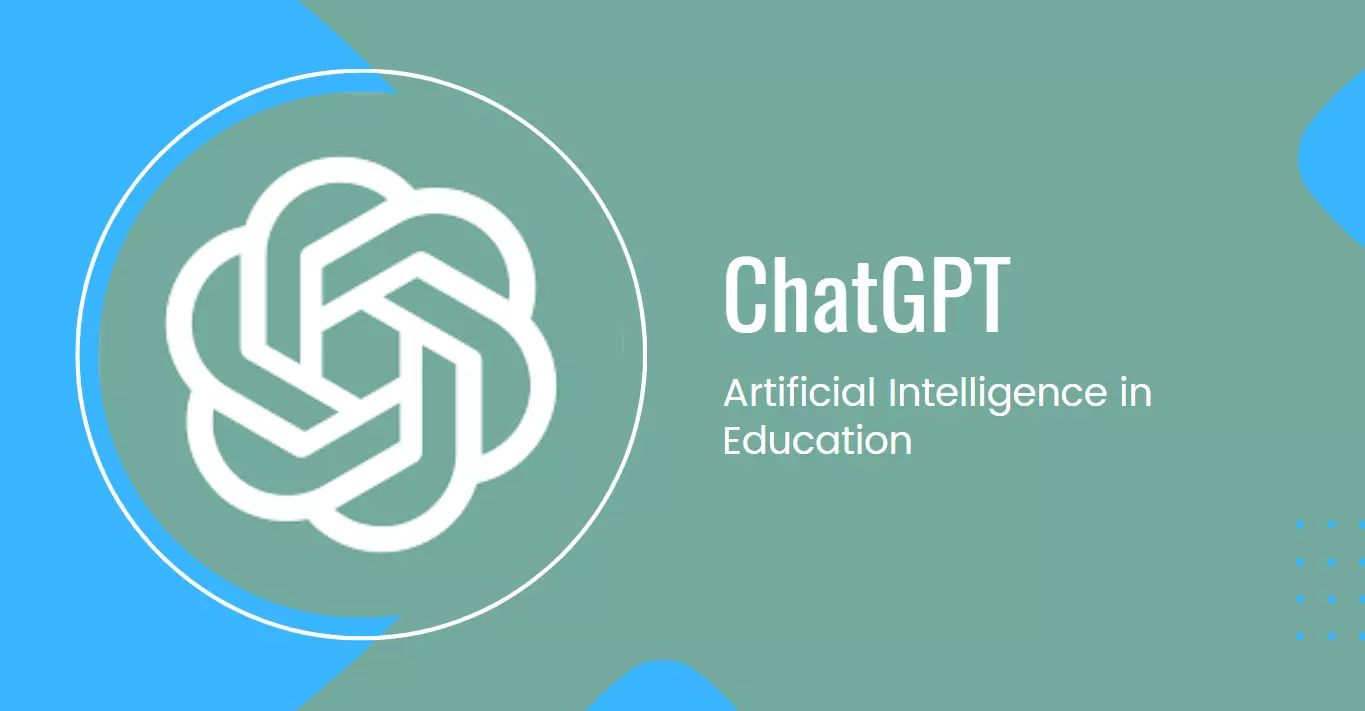Artificial Intelligence in Education

What is Artificial Intelligence (AI)?
Artificial intelligence (AI) refers to the simulation of human intelligence in machines that are programmed to perform tasks that typically require human-like cognitive abilities such as learning, reasoning, problem-solving, perception, and natural language processing. AI systems are designed to analyze and interpret large amounts of data, identify patterns, and make predictions or decisions based on that data. There are different types of AI systems, including rule-based systems, machine learning algorithms, deep learning networks, and natural language processing systems. AI is used in a wide range of applications, such as image and speech recognition, virtual assistants, autonomous vehicles, medical diagnosis, fraud detection, and financial forecasting, among others.
Role of AI in Education
AI has the potential to play a significant role in education. Some of the ways in which AI can be used in education include:
Personalized Learning: AI-powered tools can be used to analyze student data and personalize the learning experience for each student, by providing customized recommendations, feedback, and support based on their individual learning style, pace, and performance.
Intelligent Tutoring Systems: AI-powered tutoring systems can provide students with interactive and personalized learning experiences, by using natural language processing to engage in conversations and provide feedback, and machine learning algorithms to adapt to the student's progress.
Automated Assessment: AI-powered tools can be used to automate grading and assessment tasks, such as grading essays, multiple-choice questions, and other assignments, saving time and effort for teachers.
Content Creation: AI can be used to generate educational content such as quizzes, exercises, and simulations that are tailored to the student's learning needs, helping them to learn and retain information more effectively.
Predictive Analytics: AI-powered analytics can be used to predict student outcomes, such as academic performance, behavior, and engagement, allowing teachers and administrators to intervene and provide support where needed.
Overall, AI has the potential to revolutionize the education sector by making learning more personalized, adaptive, and effective. However, it is important to ensure that AI tools are used ethically and responsibly, and that the role of teachers and human interaction is not diminished.
ChatGPT as a Case Example
As an AI-powered language model, ChatGPT can play a valuable role in education by providing students and teachers with a wide range of resources and tools to support their learning and teaching. For example, ChatGPT can be used to answer students' questions on a wide range of topics, including science, history, literature, and more. It can also provide personalized recommendations for learning materials, based on the student's interests and learning style.
In addition, ChatGPT can be used as a tutoring tool, by engaging in conversations with students and providing feedback and support on their work. It can also be used to generate educational content such as quizzes, exercises, and simulations that are tailored to the student's learning needs.
For teachers, ChatGPT can be used as a research tool, by providing access to a vast amount of information and data on various subjects. It can also be used to automate grading and assessment tasks, such as grading essays, multiple-choice questions, and other assignments. ChatGPT has the potential to enhance the learning experience for students and support teachers in their teaching and research activities. However, it is important to ensure that AI tools
